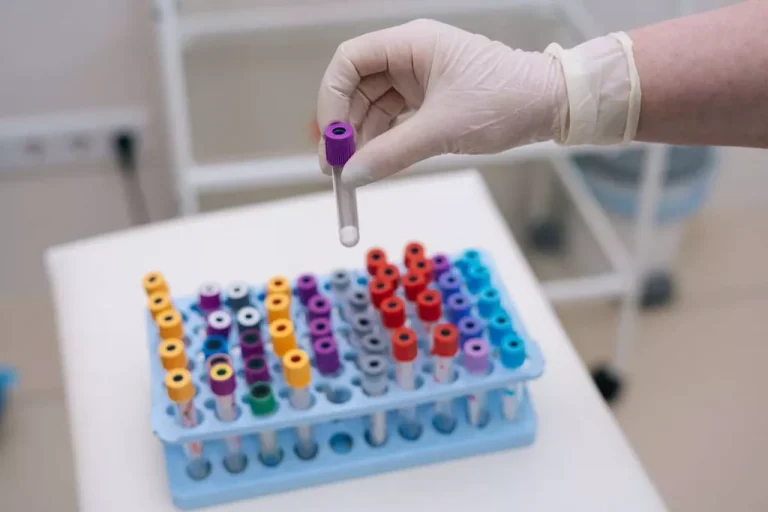
To prevent choking, turn them on to their side and put a cushion under their head. Long-term alcohol misuse can weaken your immune system, making you more vulnerable to serious infections. It can also weaken your bones, placing you at greater risk of fracturing or breaking them. Your liver, which filters alcohol out of your body, will be unable to remove all of the alcohol overnight, so it’s likely you’ll wake with a hangover.

Deaths from excessive alcohol use
A study published in Thorax looked into what happens to your body when you drink alcohol on a plane. More specifically, researchers sought to understand how sleeping in a pressurized cabin after consuming alcohol may impact sleep quality and heart health. This kindling effect can also occur after chemical stimulus to the brain or body, such as anti-convulsant medication. This means a person’s alcohol withdrawal programme needs to be carefully planned, with close monitoring of its effects. With each alcohol withdrawal episode, the brain and nervous system becomes more sensitised and the resulting side effects become more pronounced.

Short-term effects of alcohol consumption
Consider talking with someone who has had a problem with drinking but has stopped. The Global status report on alcohol and health and treatment of substance use disorders presents a comprehensive consequences of alcohol overview of alcohol consumption, alcohol-related… Alcohol consumption contributes to 2.6 million deaths each year globally as well as to the disabilities and poor health of millions of people.
The Impact of Alcohol on Your Body
Numerous factors can predispose people to problematic drinking, such as family history, social environment, mental health and genetics. Some people become addicted to the effects of alcohol, a condition known as alcohol dependence or alcoholism. Moderate alcohol consumption may reduce symptoms of type 2 diabetes by enhancing the uptake of blood sugar by your cells. They may have an intolerance, insensitivity, or allergy to alcohol or another ingredient in a drink. Alcohol use can damage the hippocampus, the part of your brain responsible for memory and learning.

Psychological Effects of Alcohol

While drinking may provide a few hours of relief, it may worsen your overall mental health and spark a vicious cycle (23, 24). Because your brain is very sensitive to damage, chronic alcohol abuse may increase your risk of dementia and cause brain shrinkage in middle-aged and older adults (12, https://ecosoberhouse.com/ 13, 14, 15). The body absorbs alcohol relatively quickly, but it takes longer to get the alcohol out of the body. Consuming several drinks in a short time causes the alcohol builds up in the body. Every person has their own reasons for drinking or wanting to reduce their alcohol consumption.
Abuse is disastrous for health
- However, studies investigating the link between alcohol and weight have provided inconsistent results (31).
- In 2015, this was believed to affect between 2 and 7 newborns in every 1,000.
- Alcohol abuse during pregnancy is the leading preventable cause of birth defects in the US.
Feelings of Relaxation or Drowsiness
- Conversely, drinking moderately has been linked to a reduced risk of dementia — especially in older adults (16, 17, 18).
- The relationship between alcohol and heart disease is complex and depends on several factors.